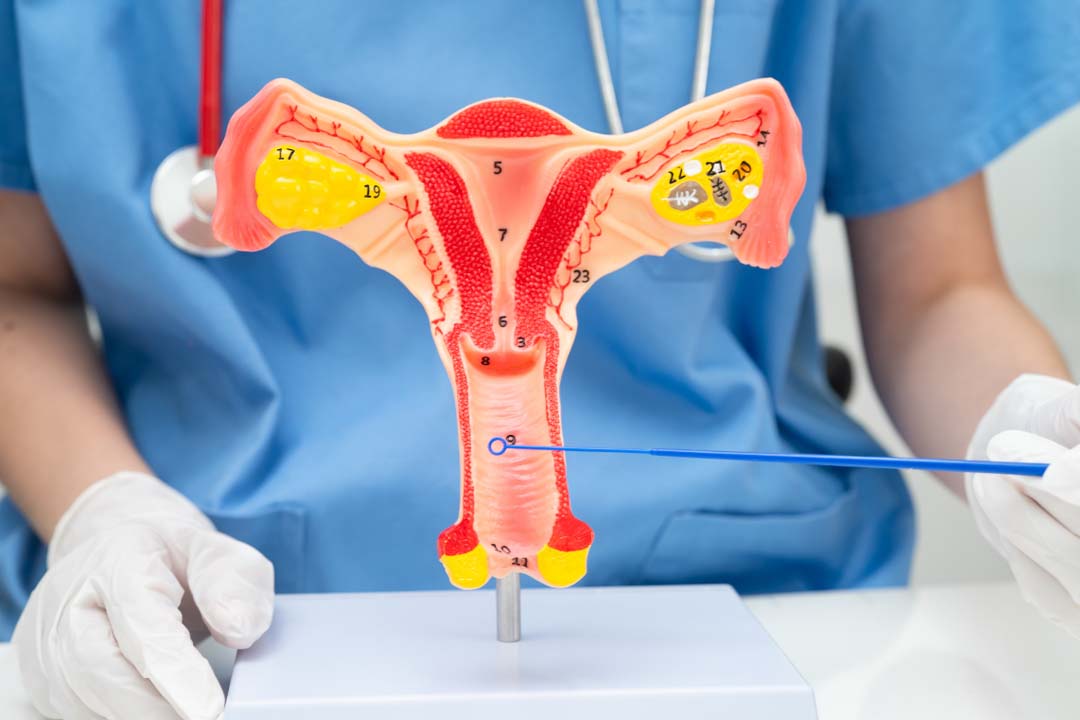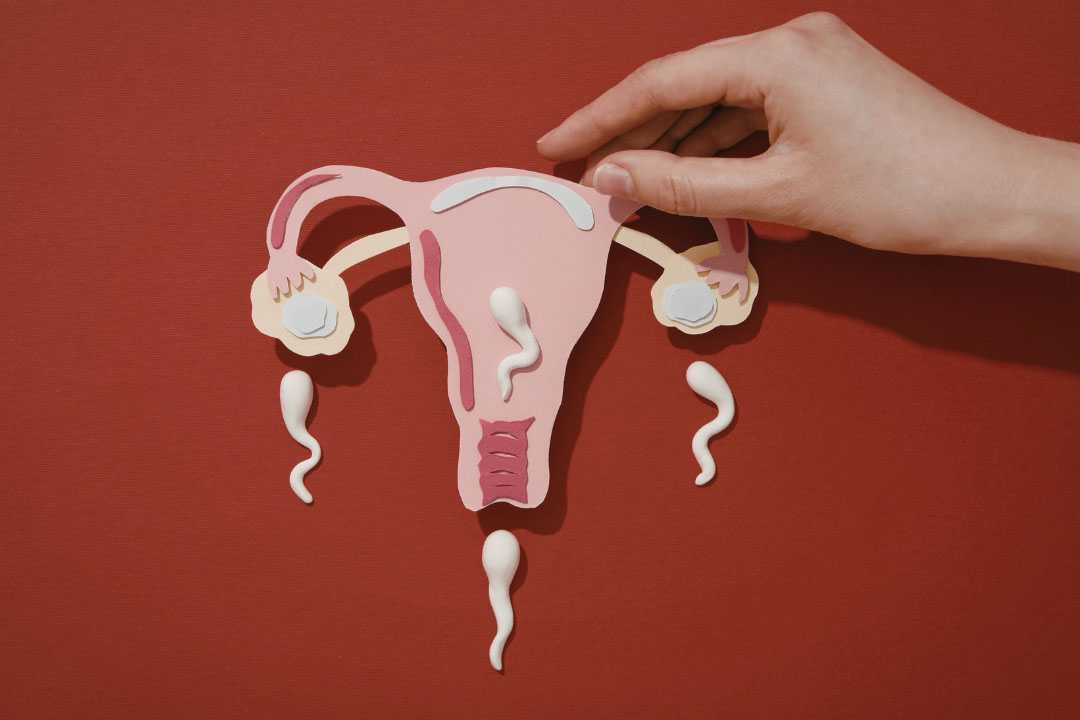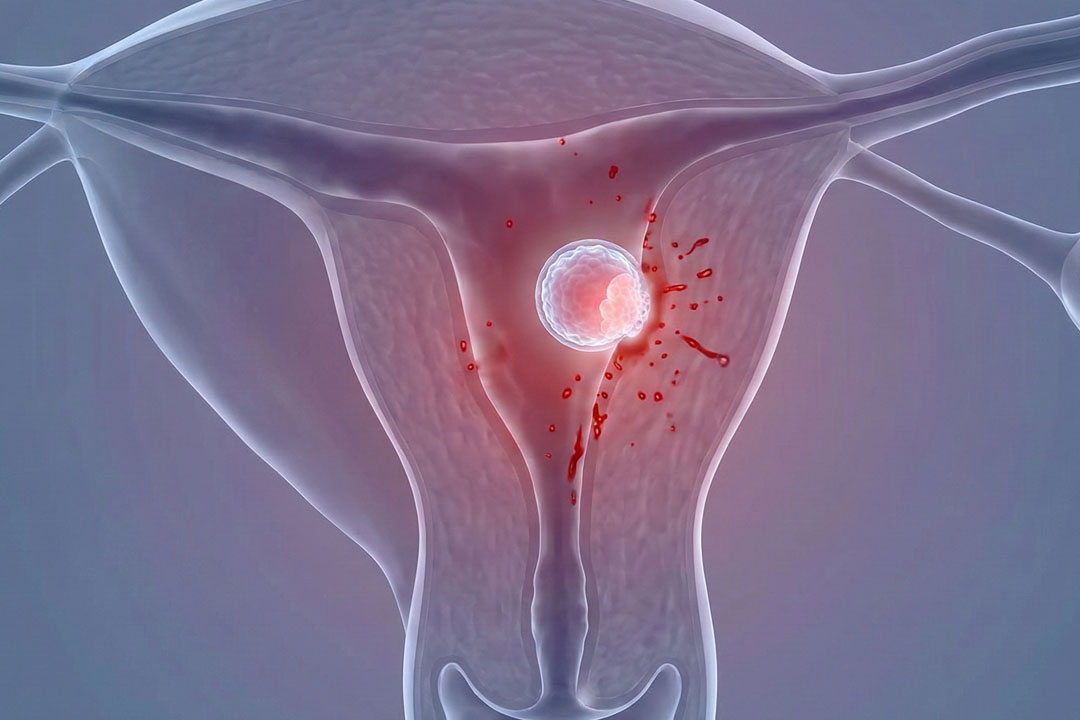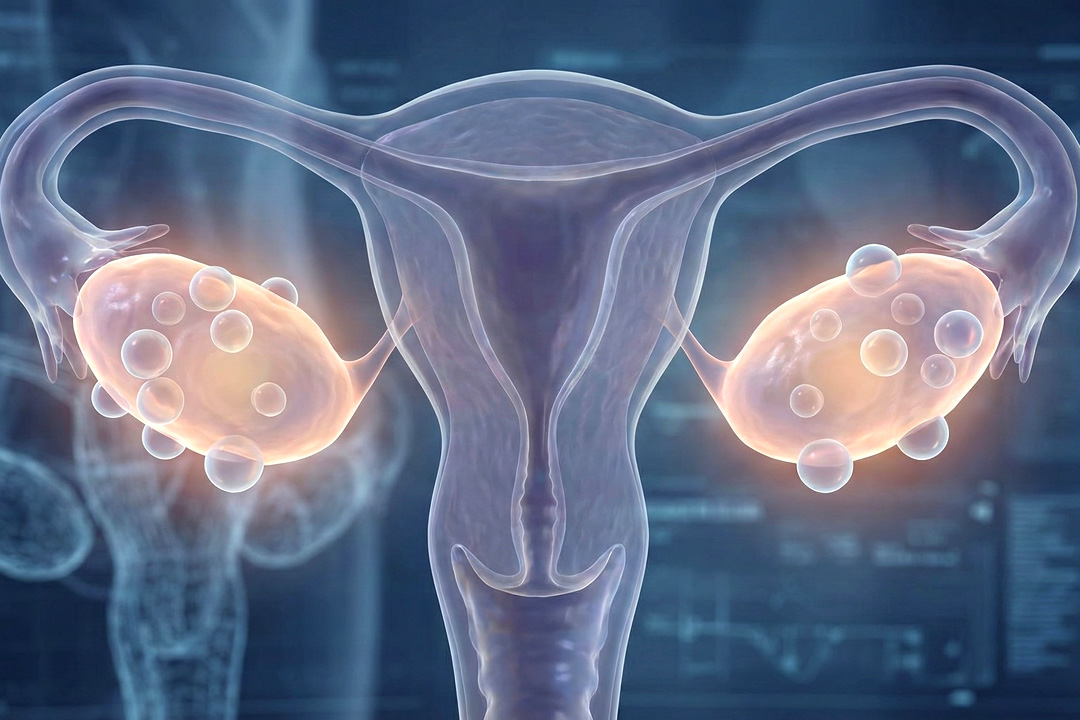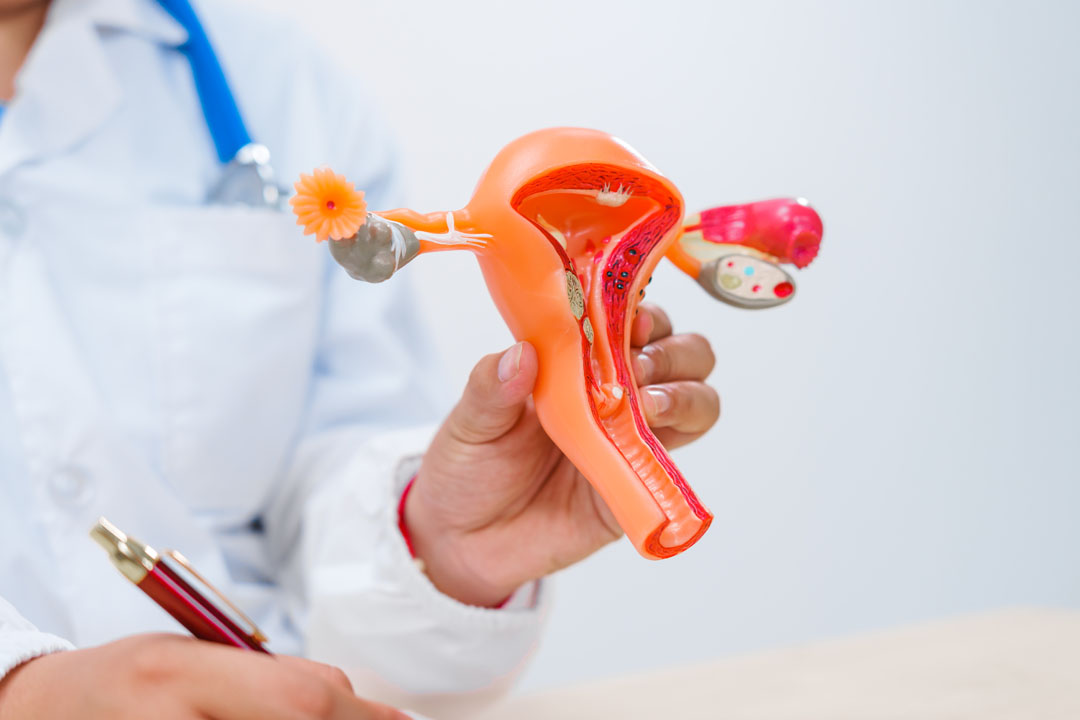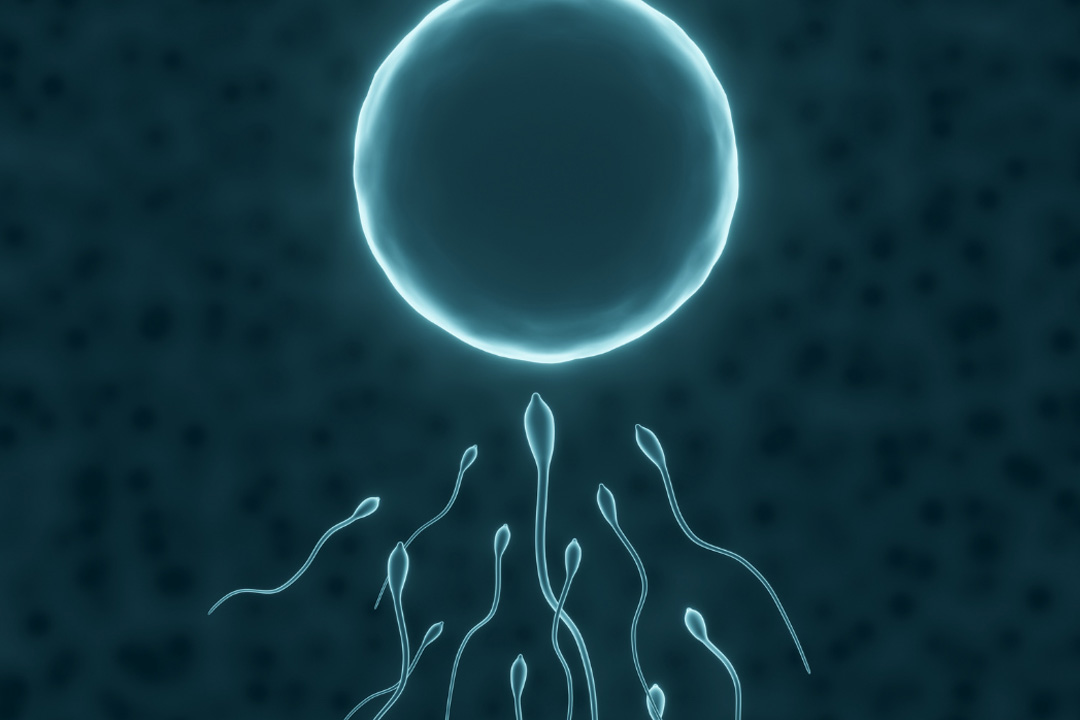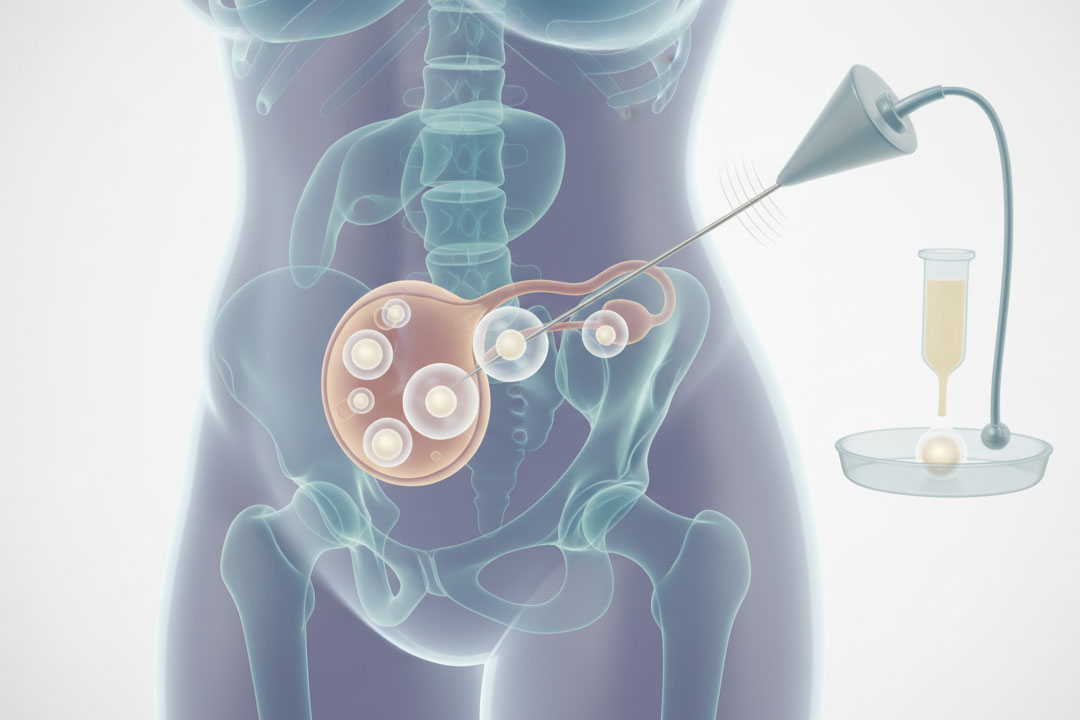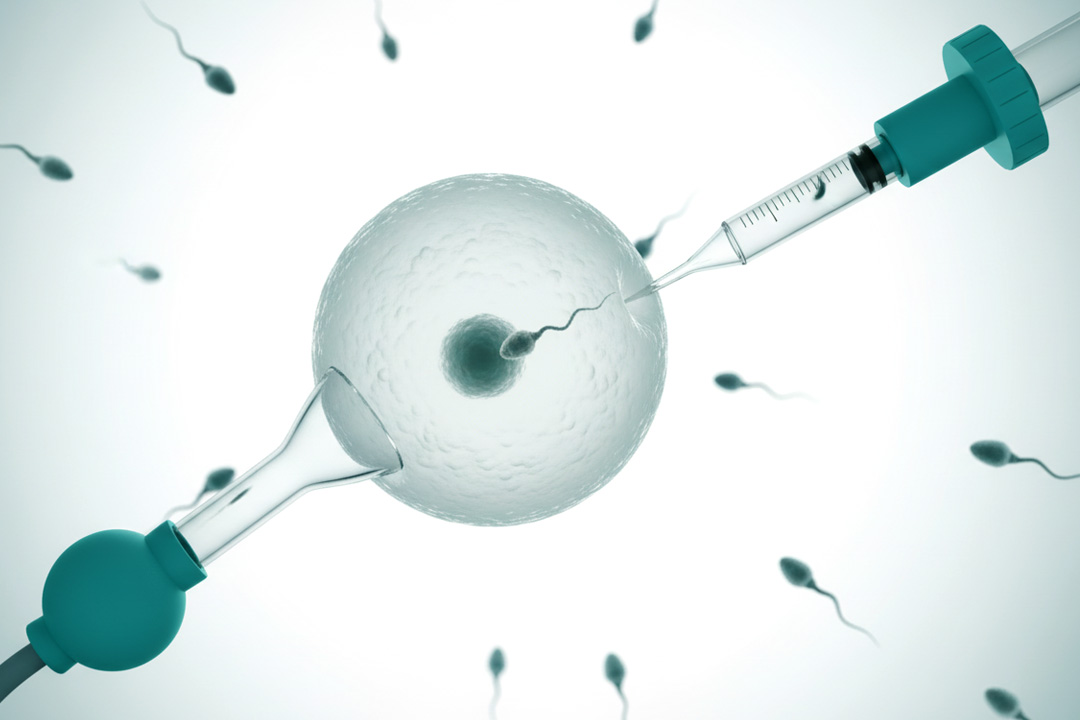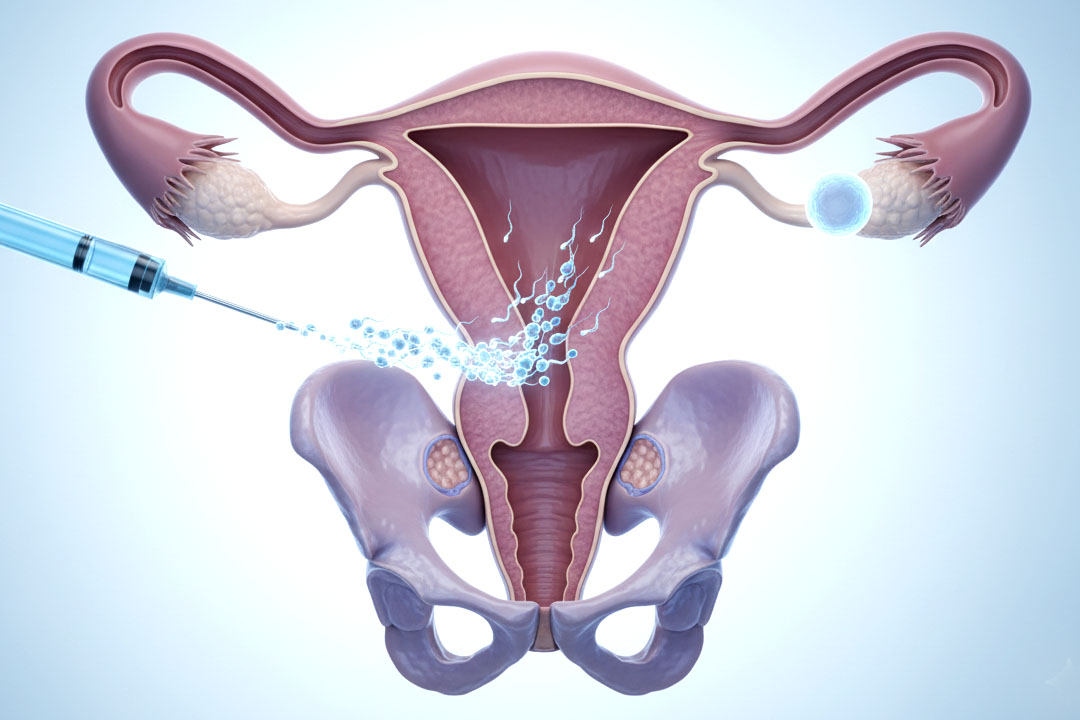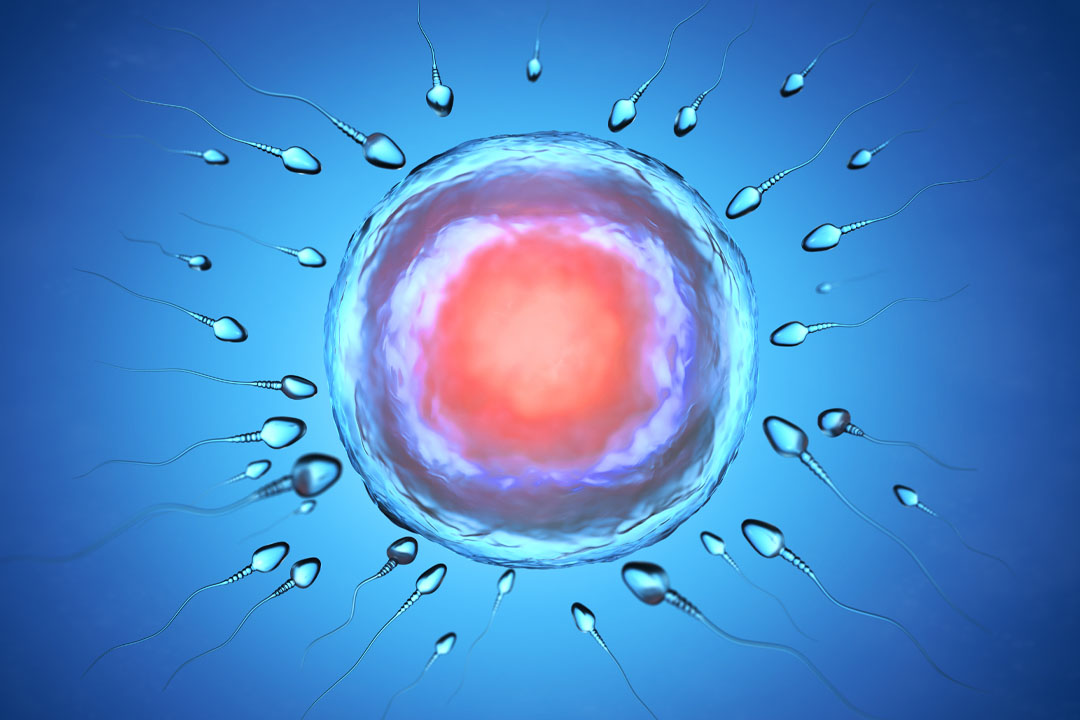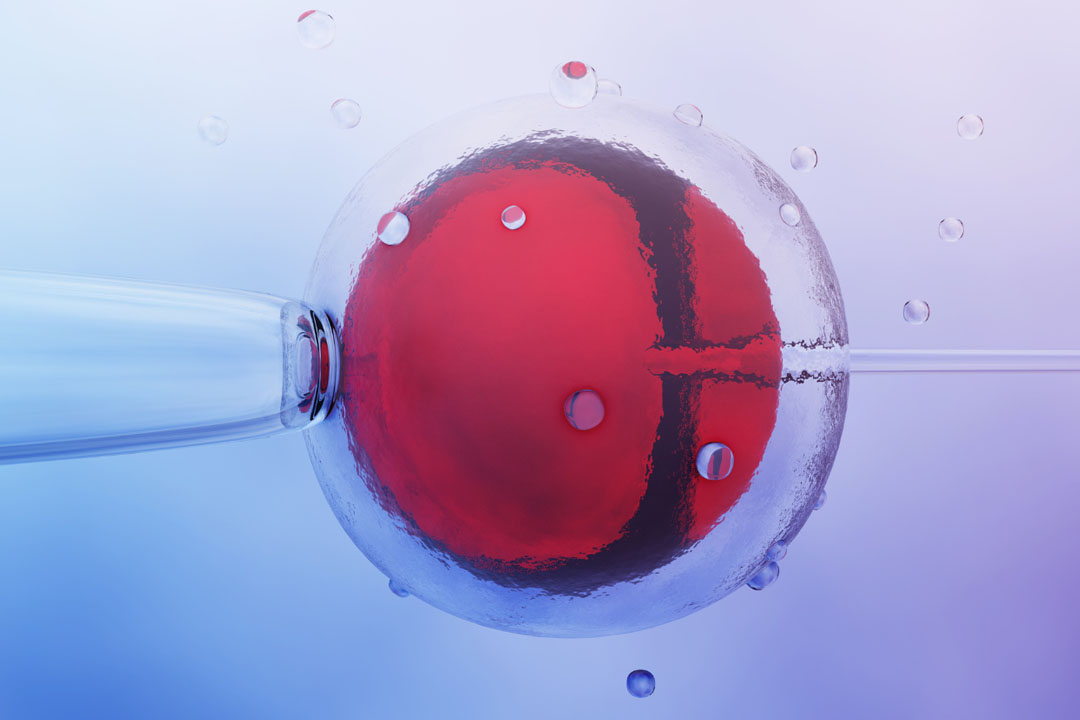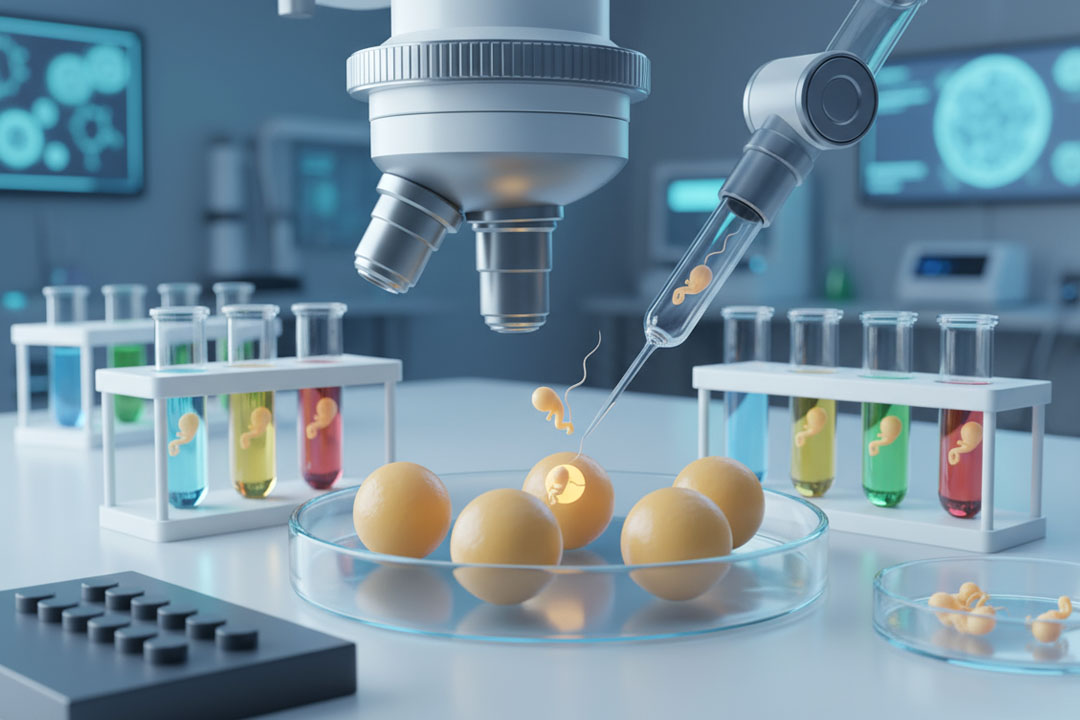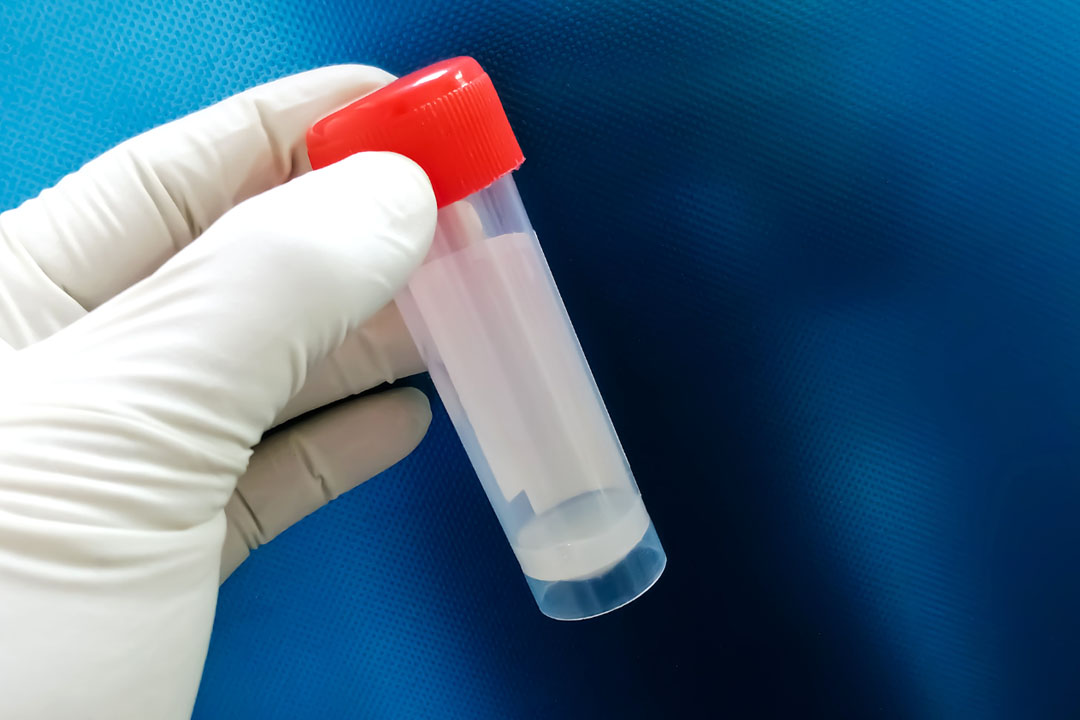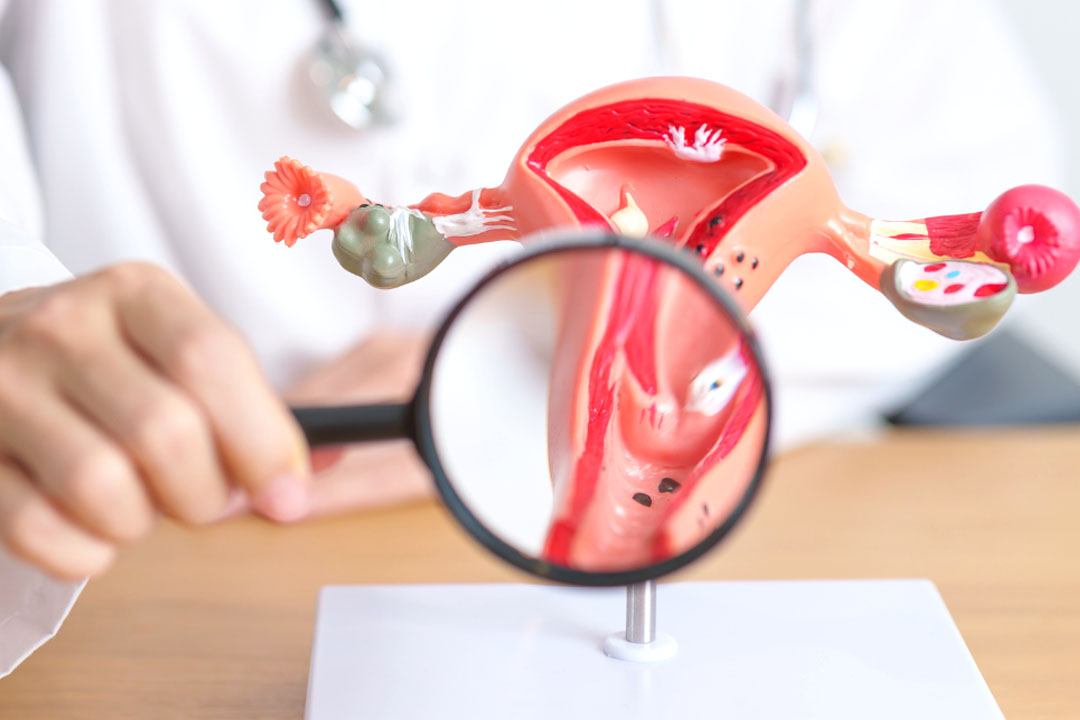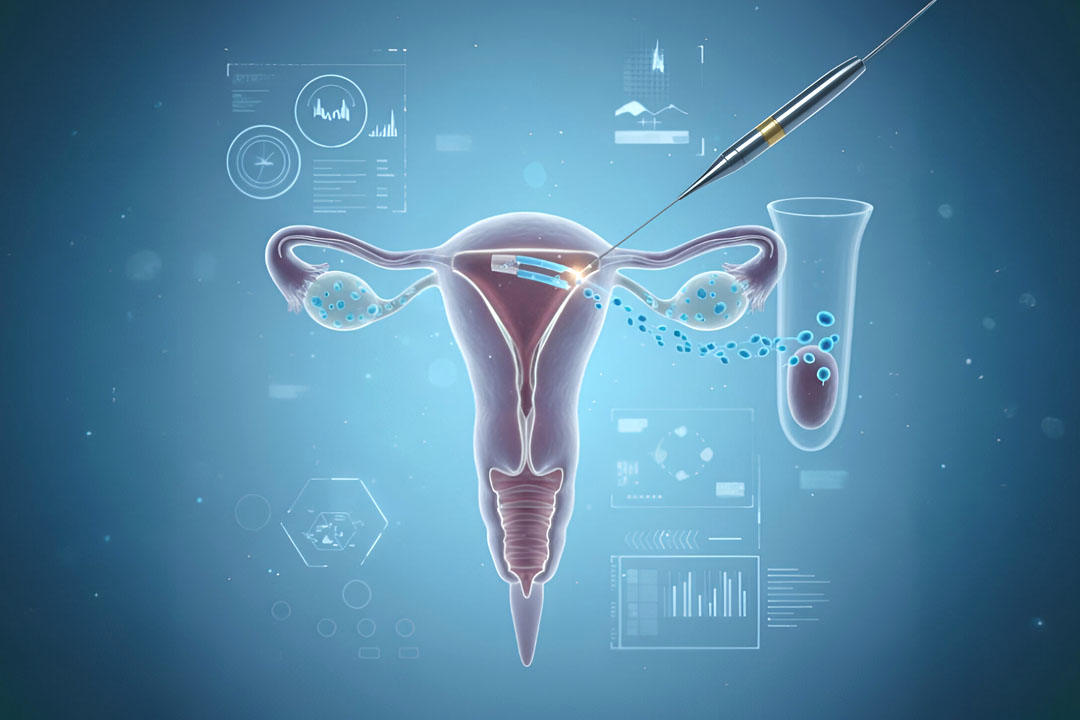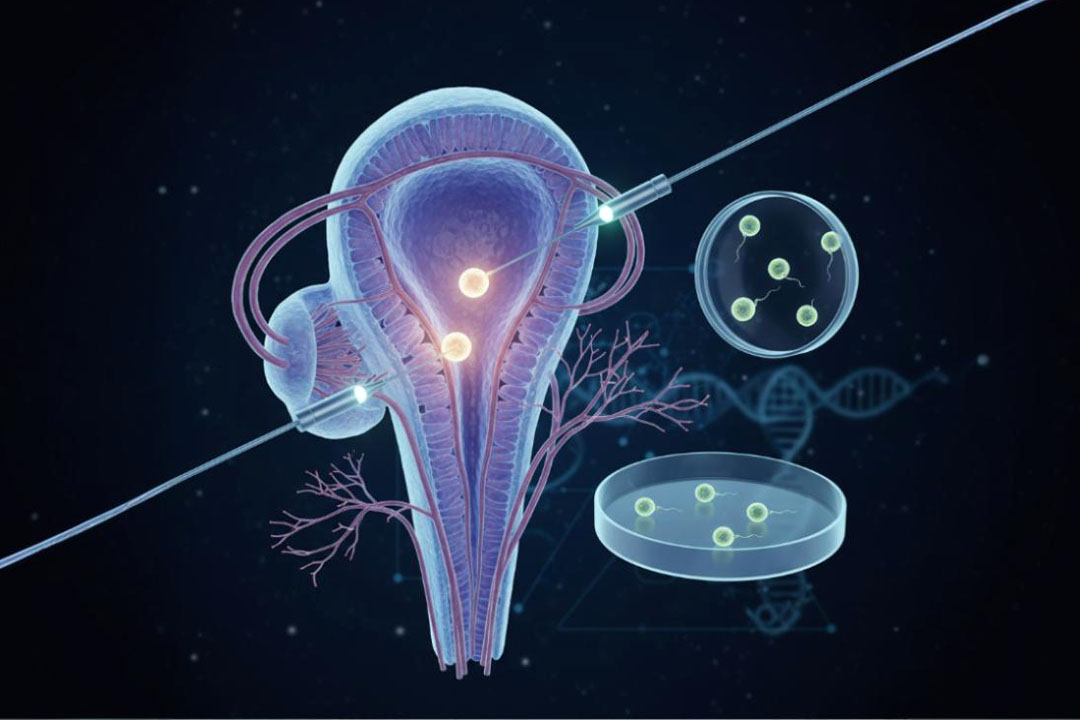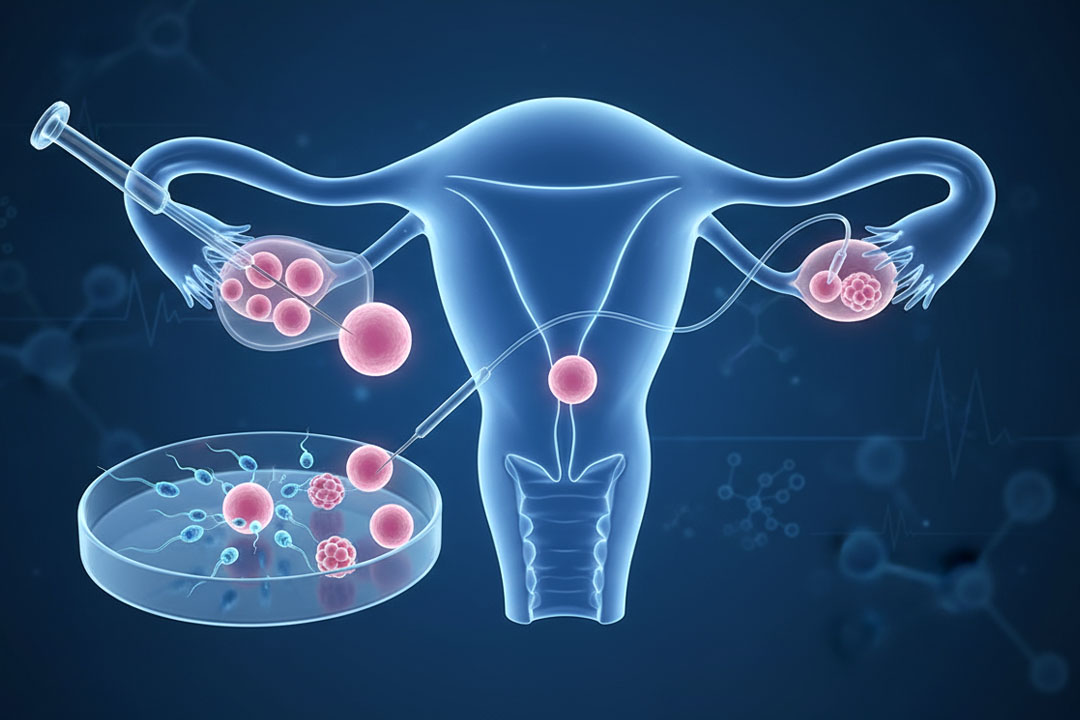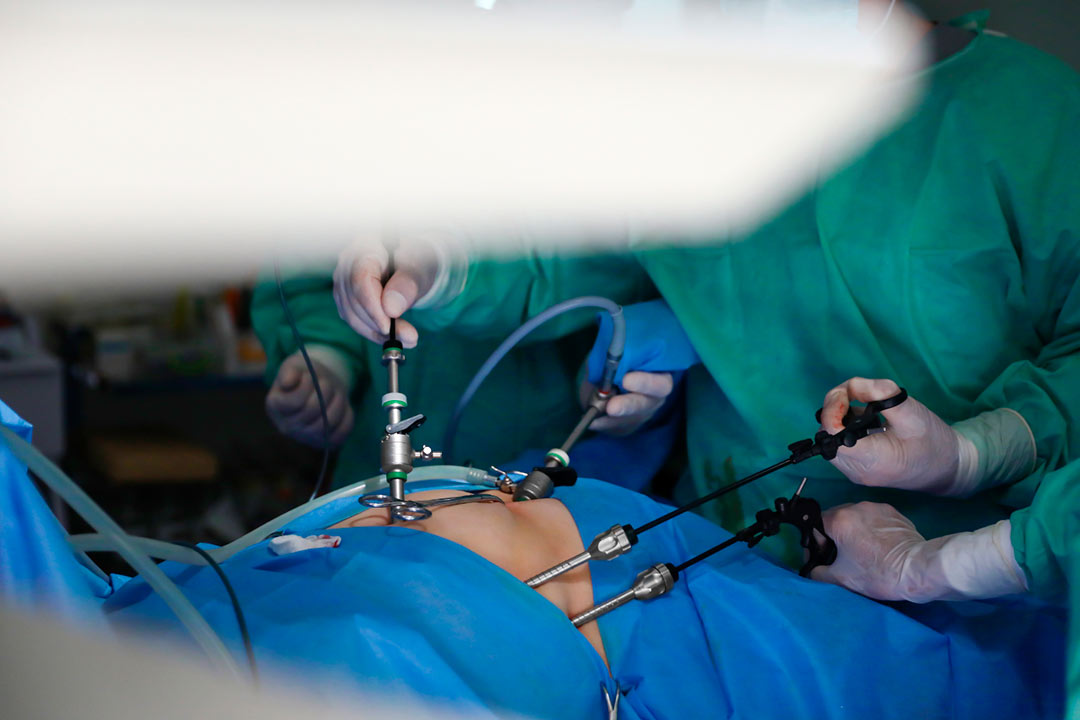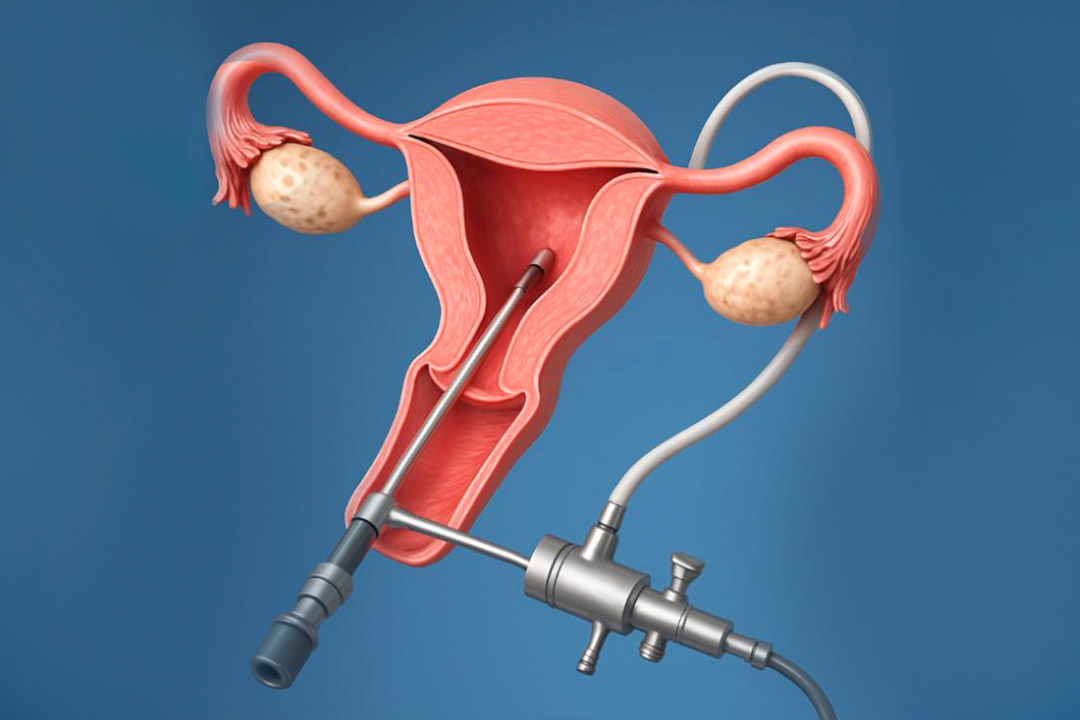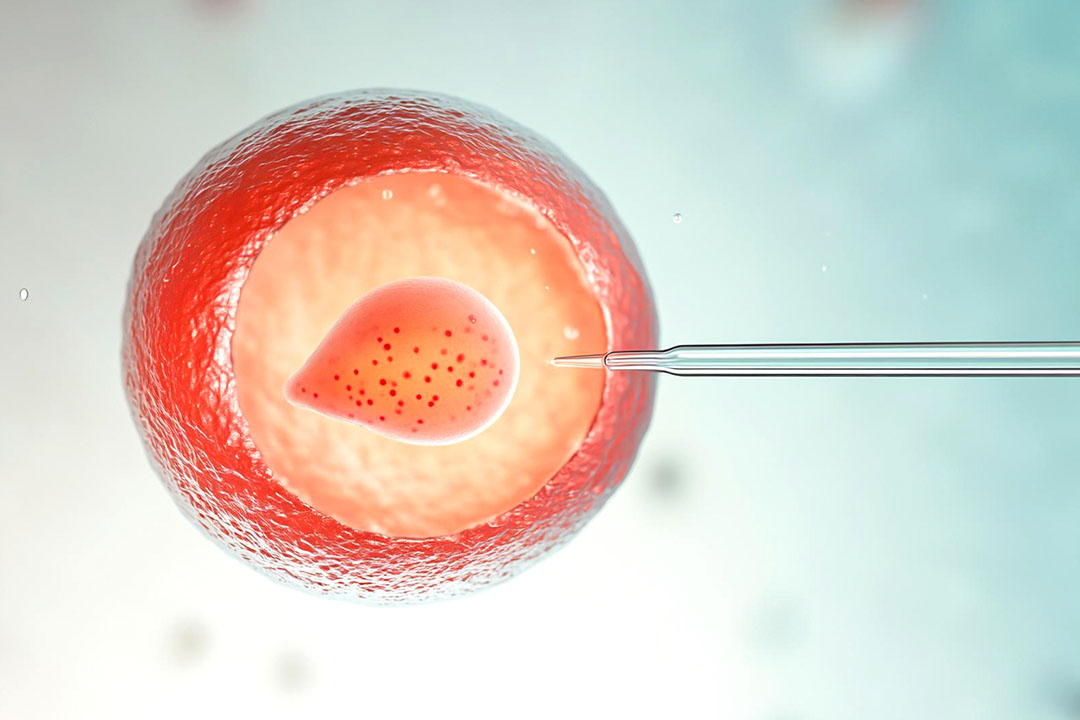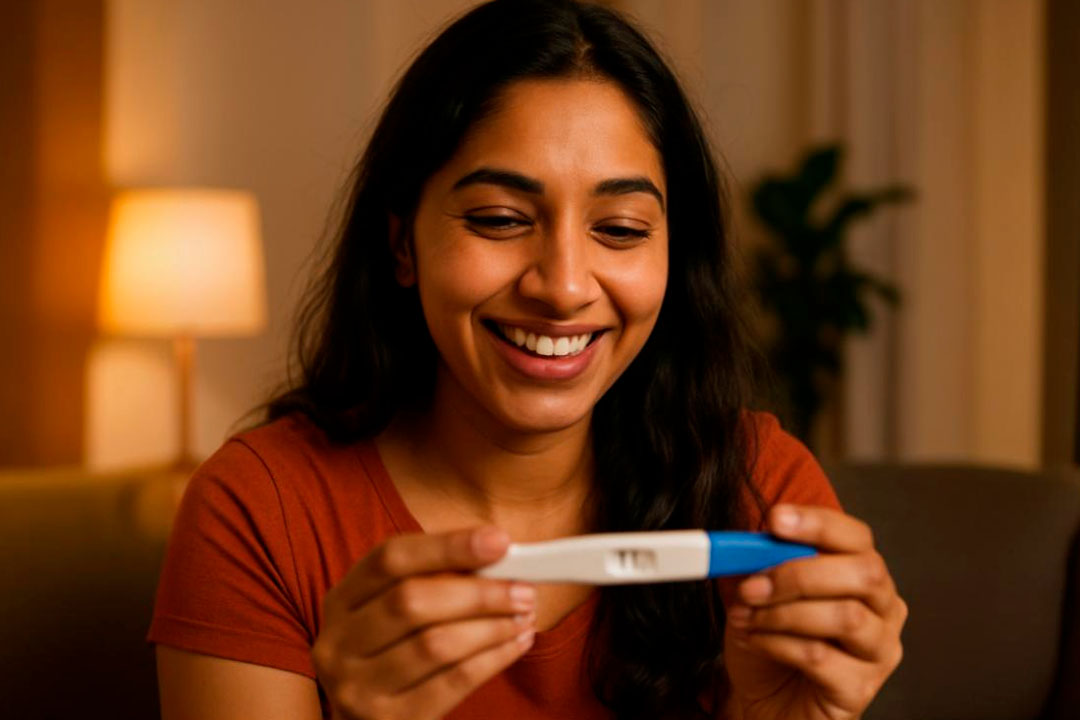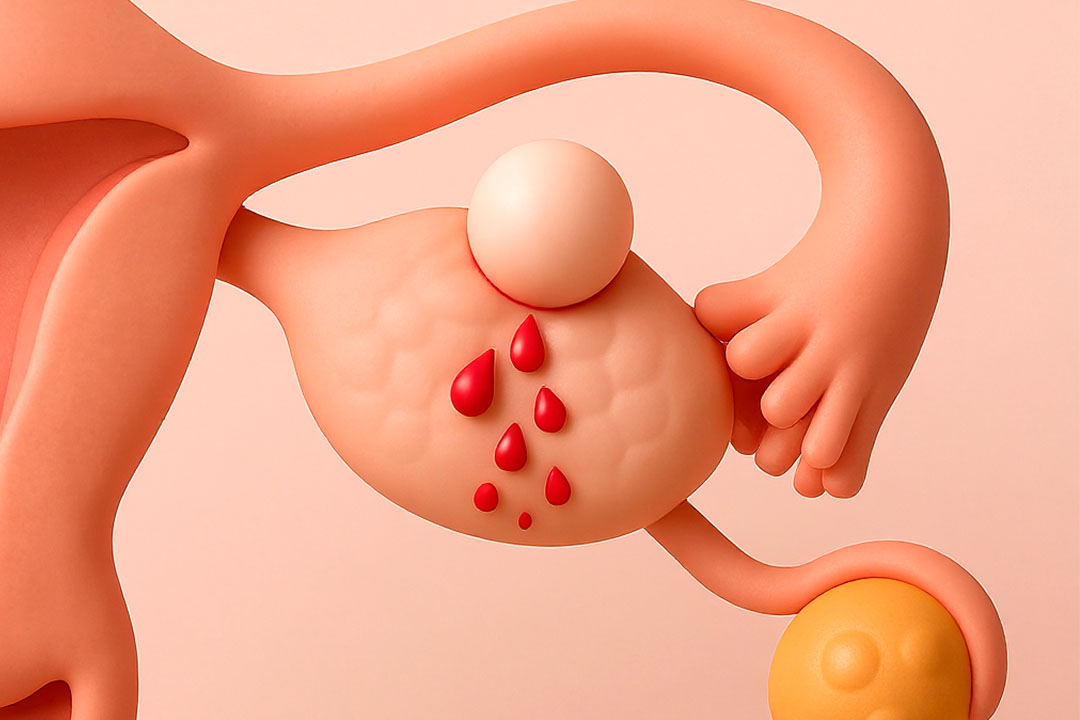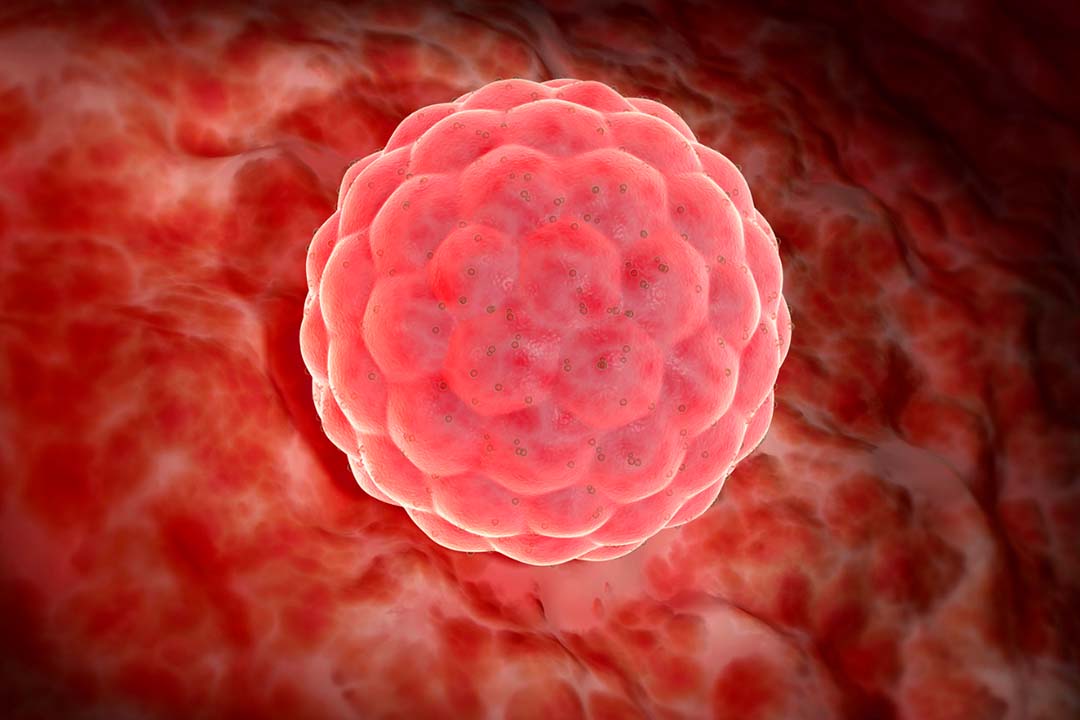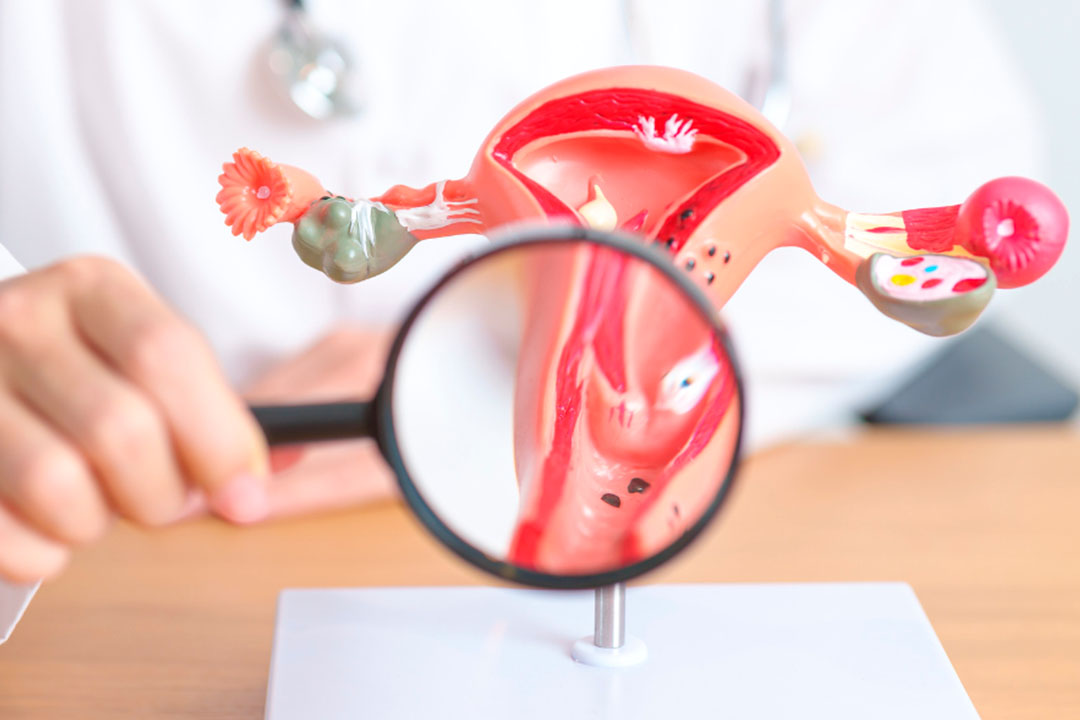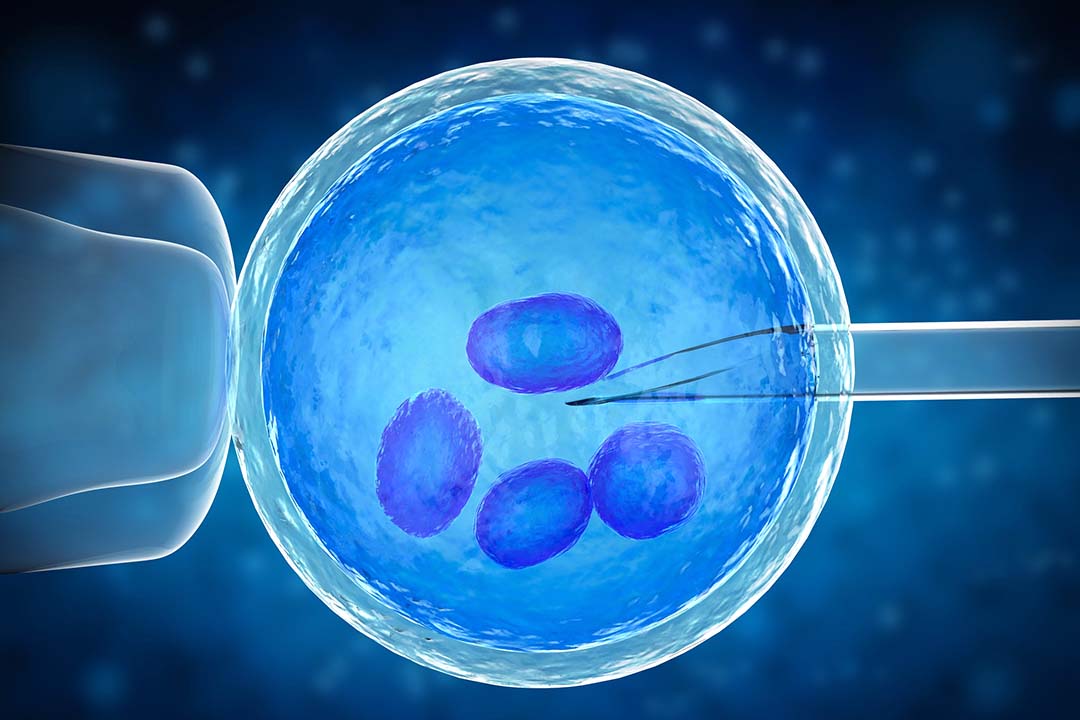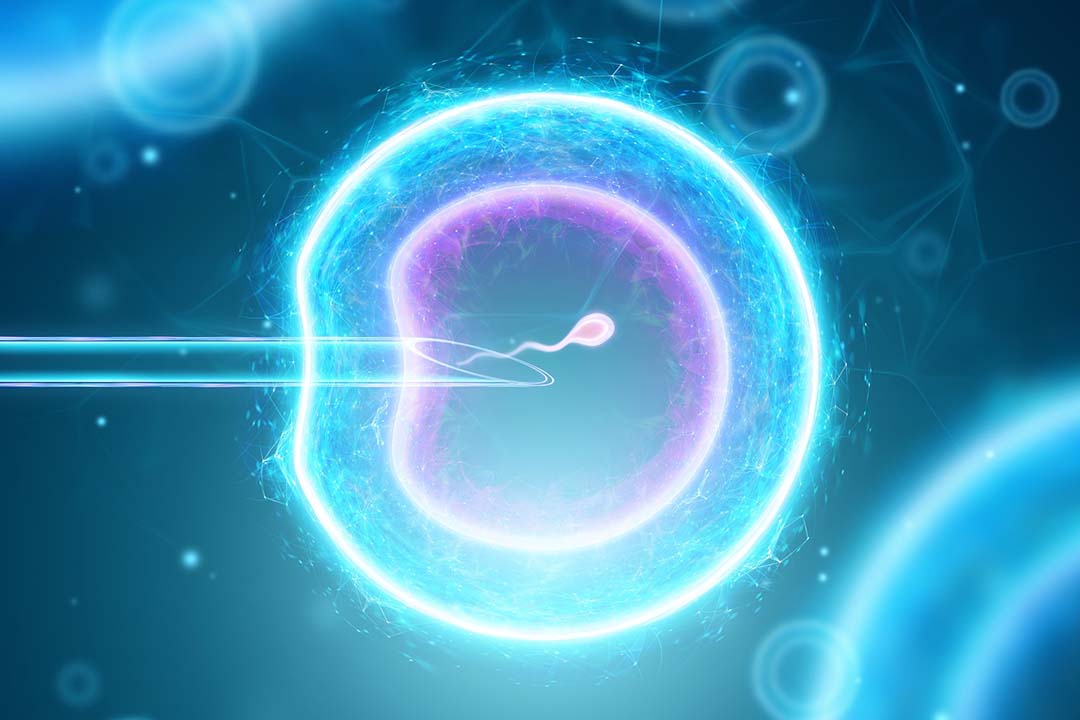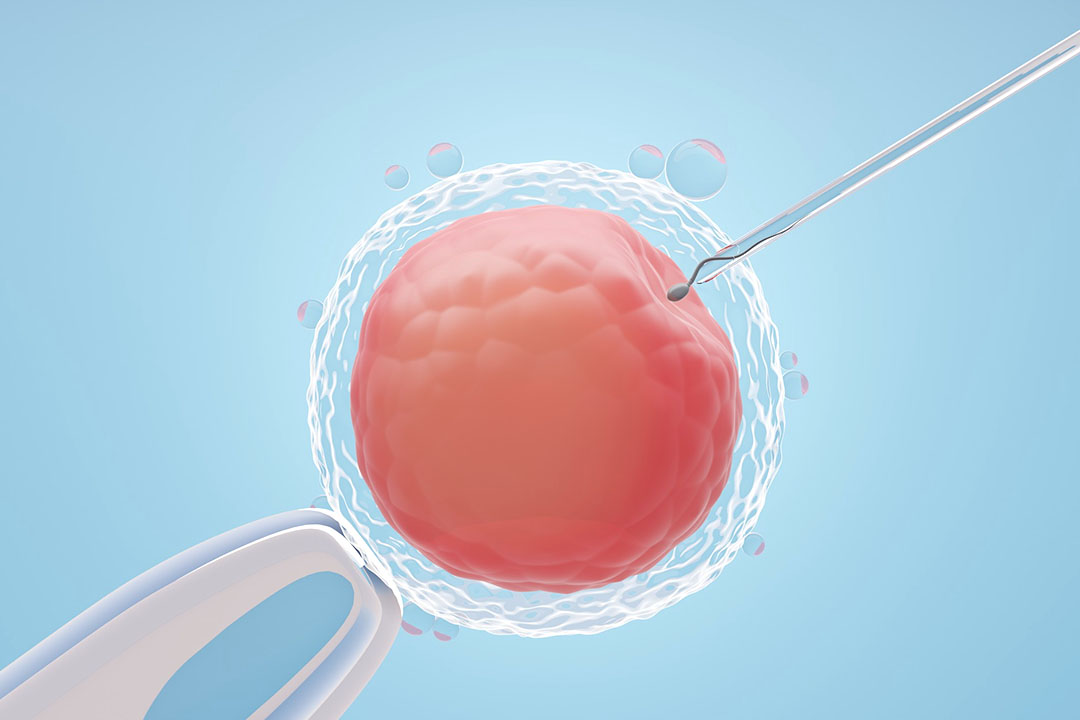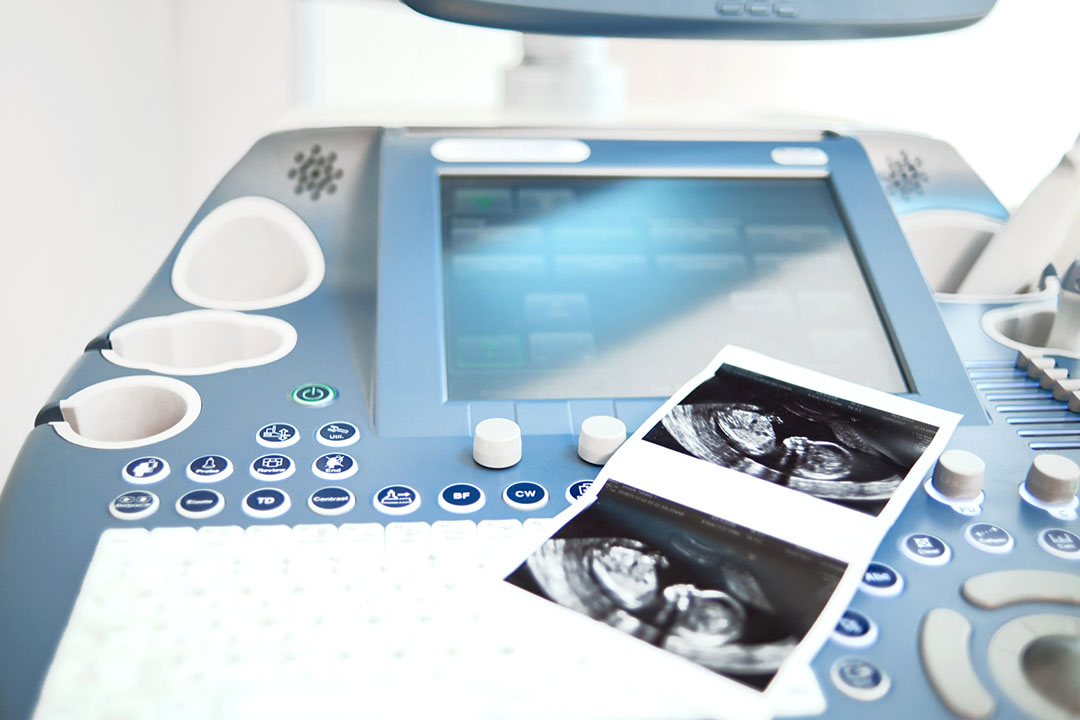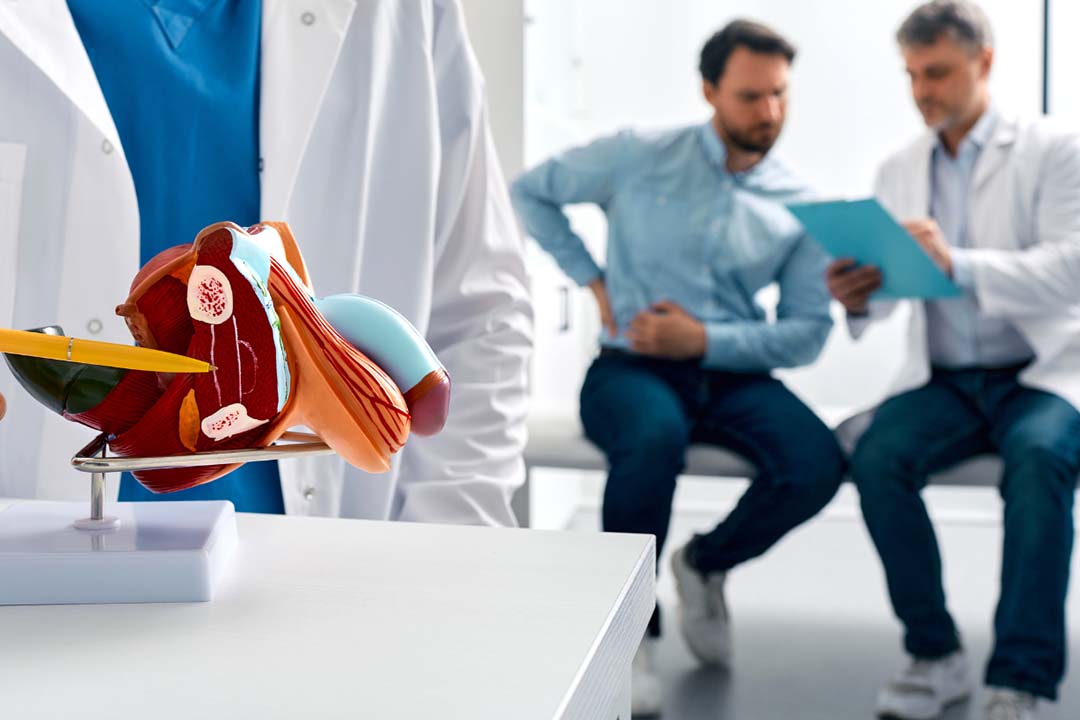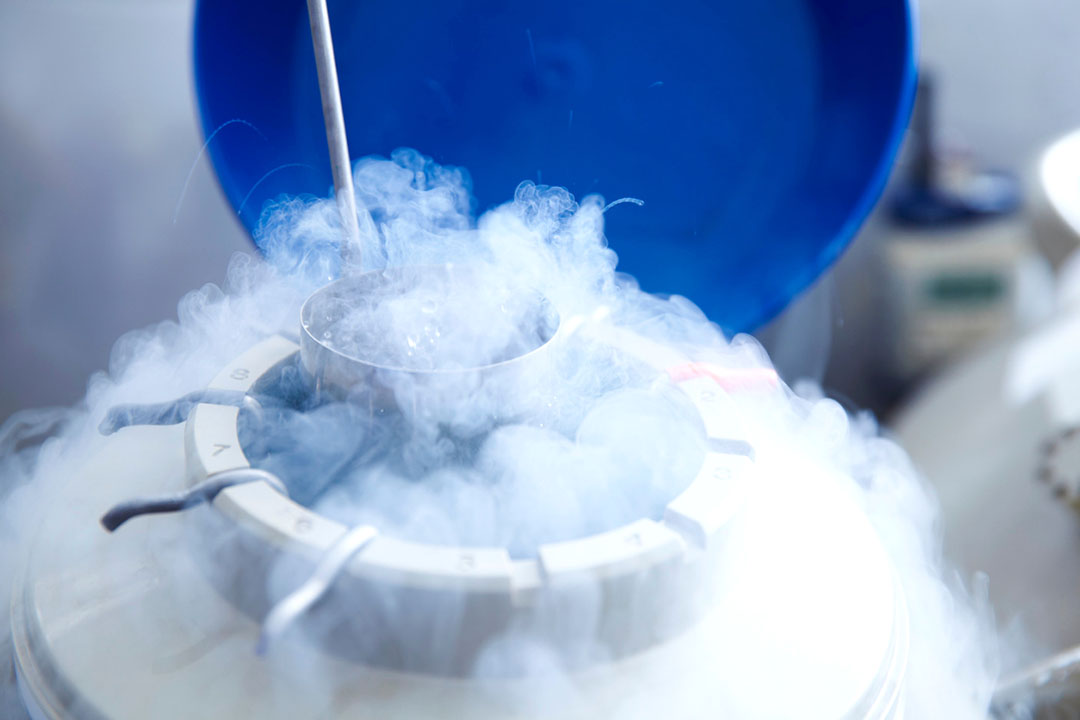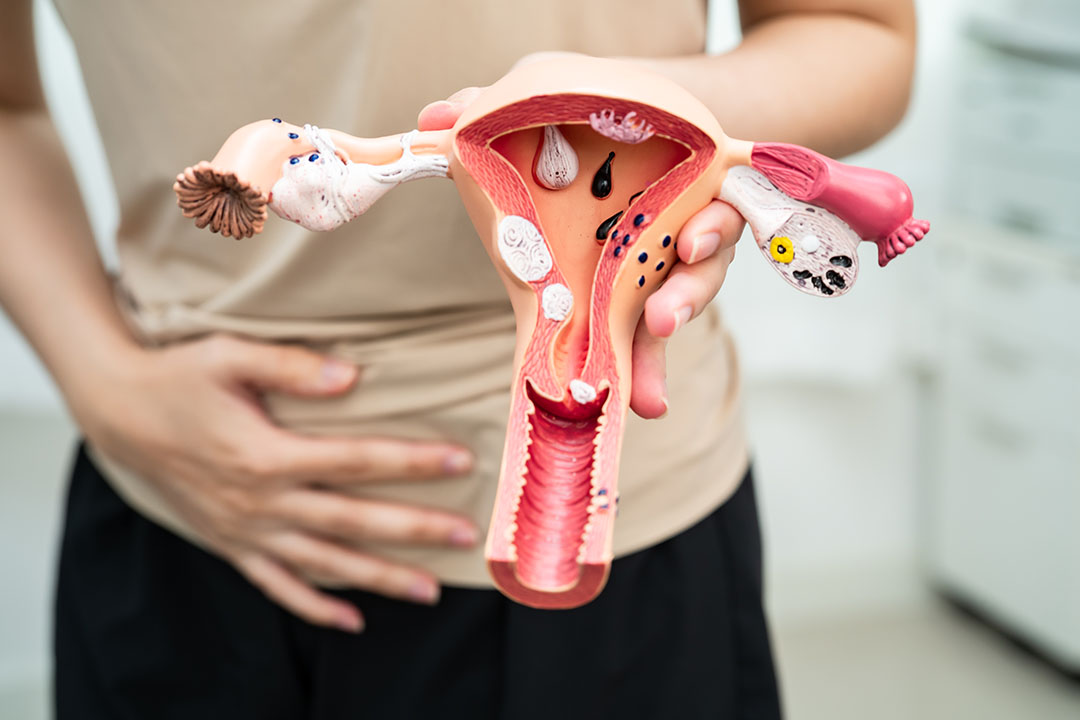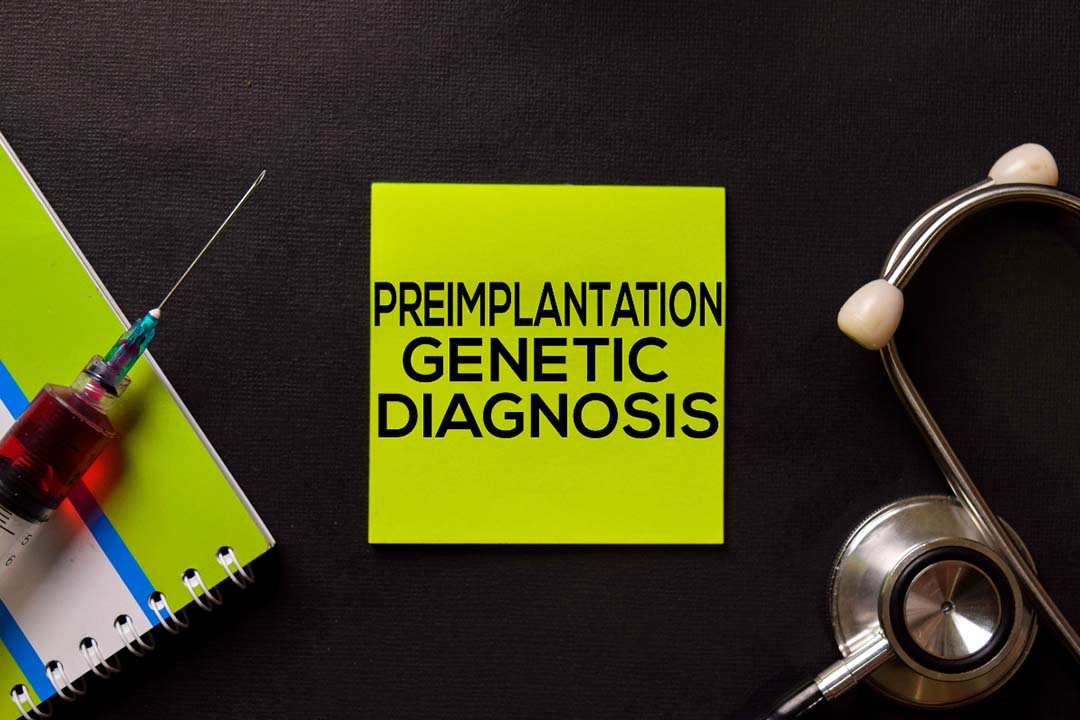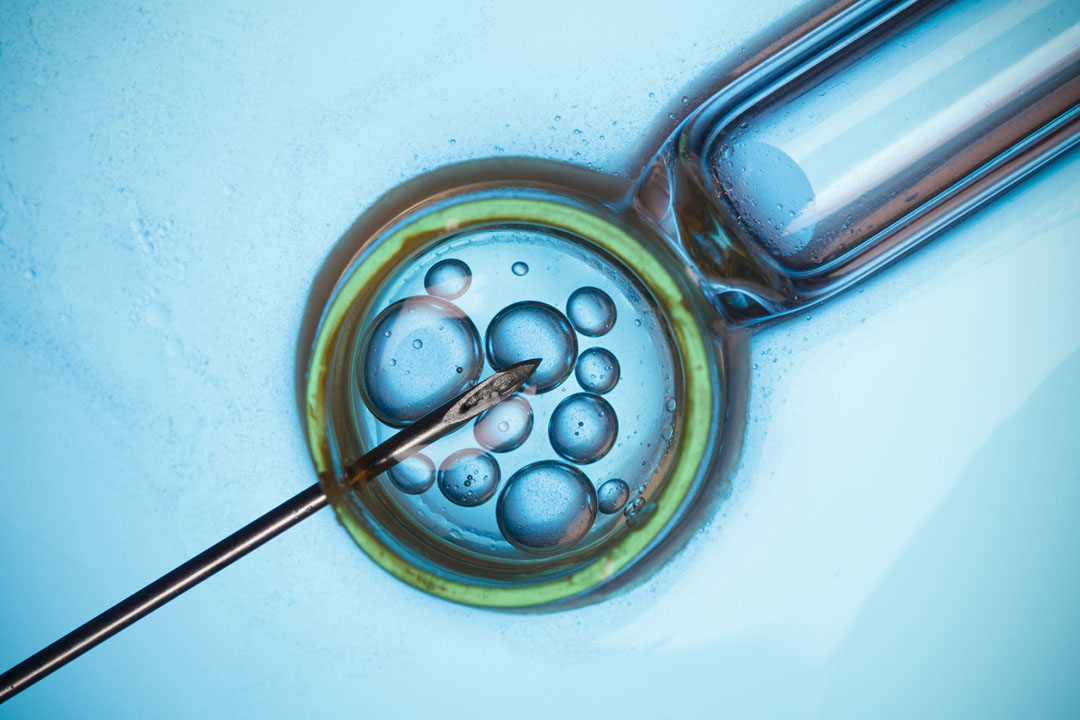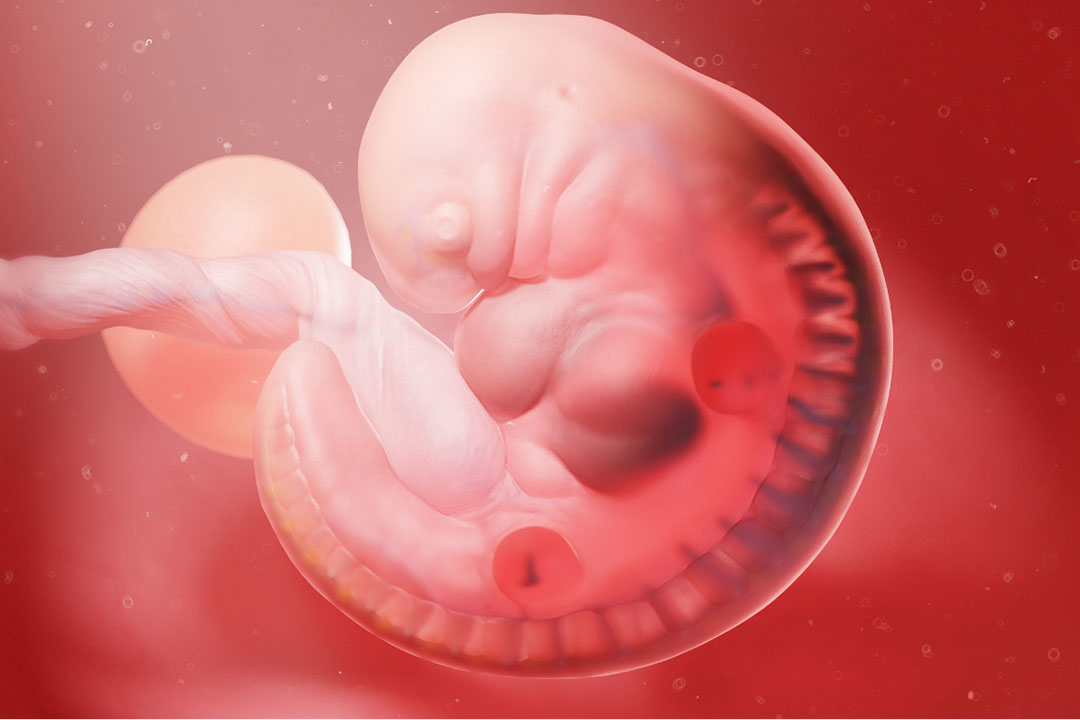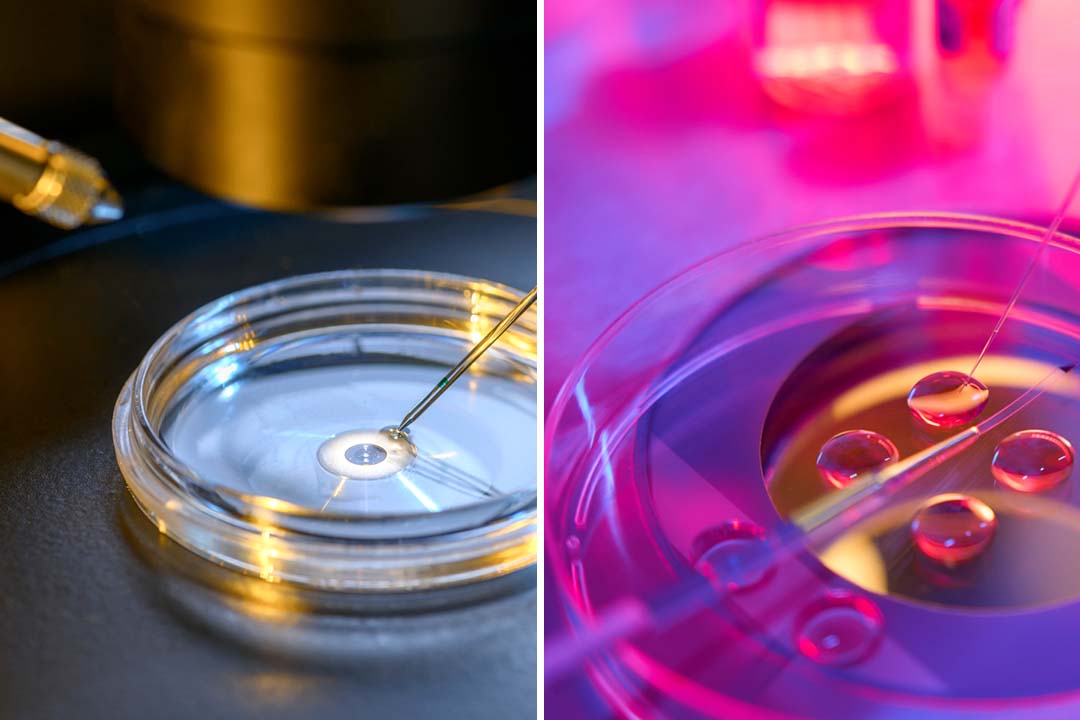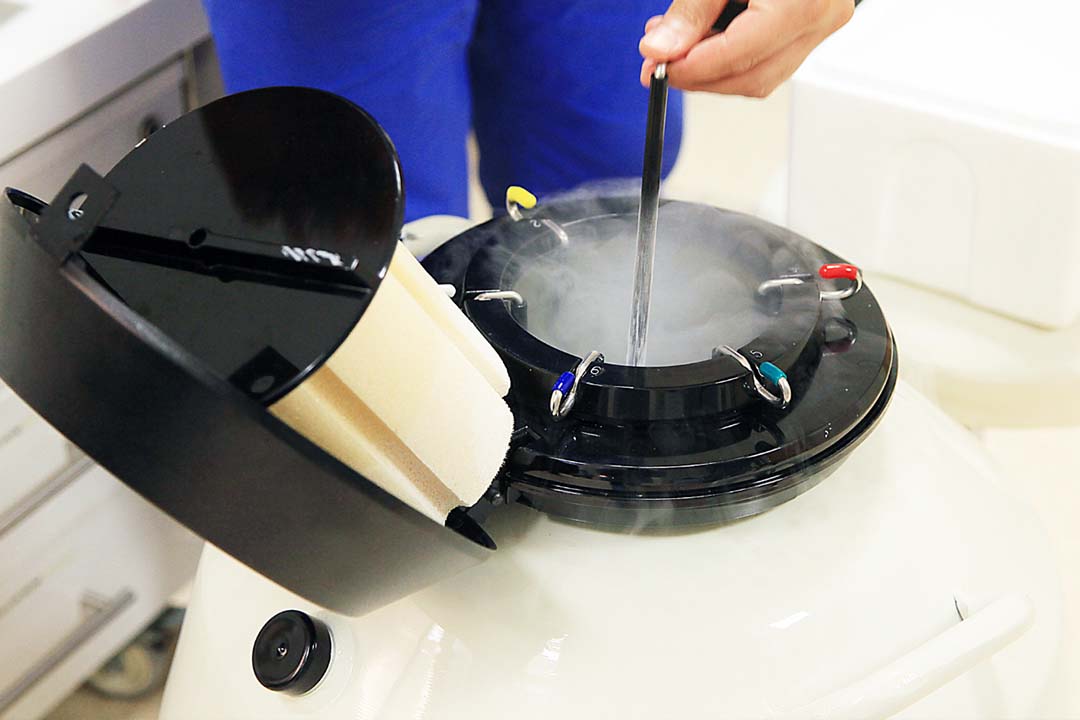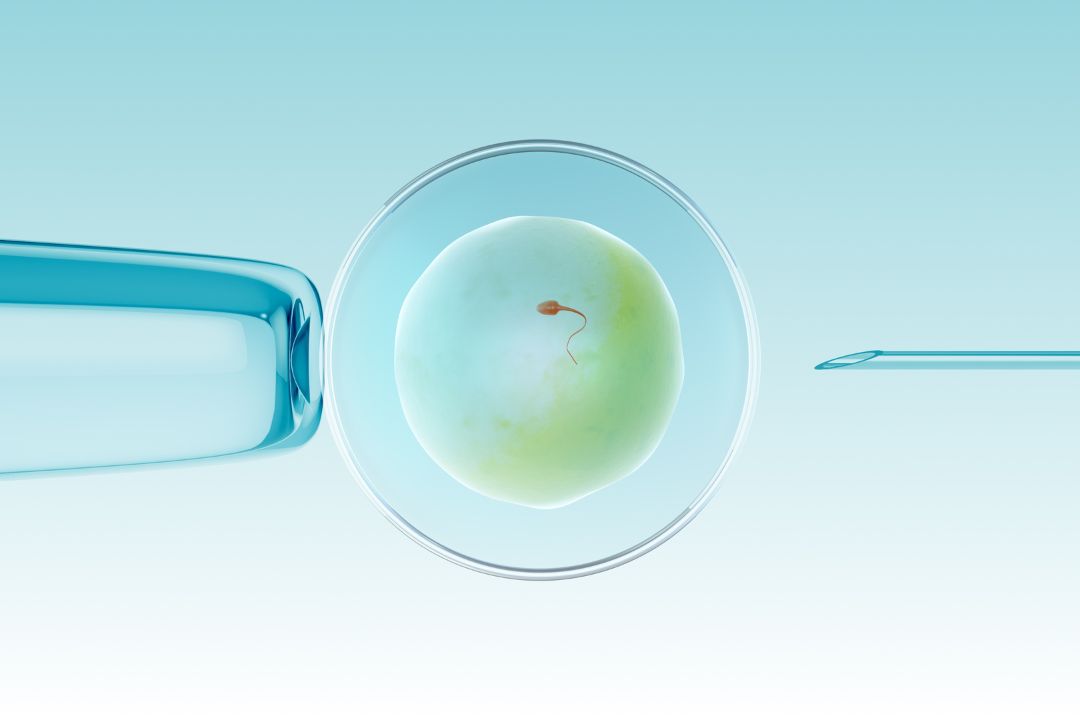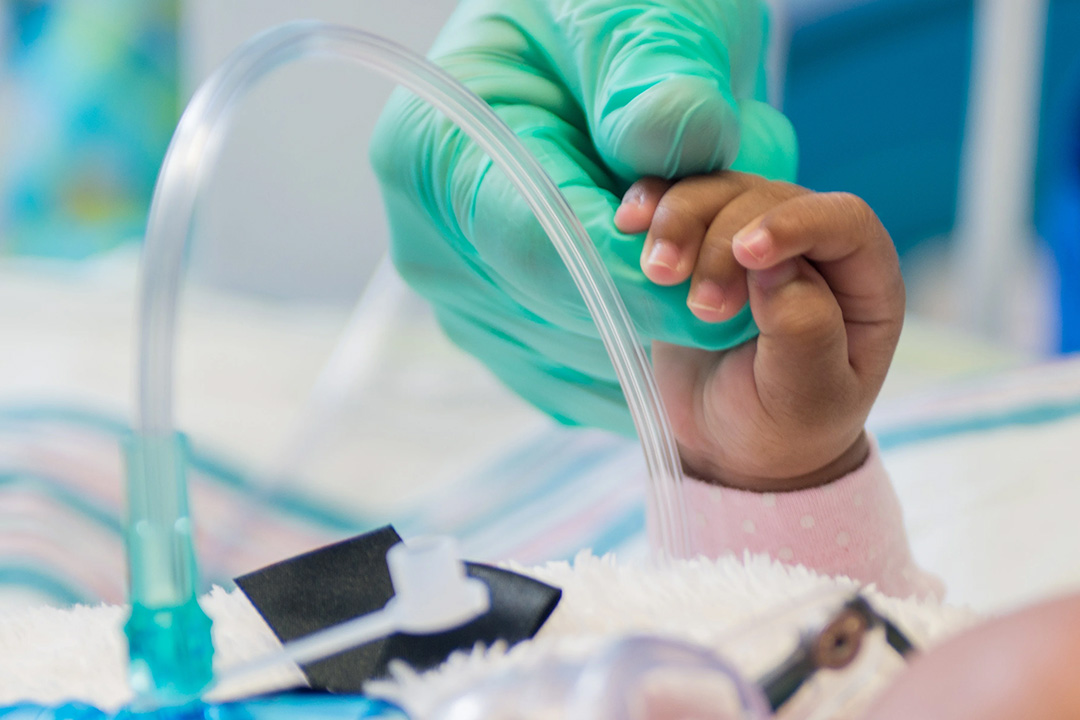Why Choose Aksigen IVF Center for Your IVF Journey?: Expert Fertility Care & High Success Rates
Starting IVF is a big decision that blends medical choices with emotions, time, and finances. Most people want three things from a fertility partner: transparent communication, proven clinical standards, and care that adapts to their unique story.
A center that gets these right helps you focus on what truly matters: staying informed, feeling supported, and moving forward with a realistic plan.
The IVF landscape can feel crowded, but not all clinics work the same way. Aksigen IVF Center stands out for its patient-first systems. They provide clear pricing conversations, step-wise guidance, and up-to-date technology applied by experienced professionals.
Aksigen IVF Center provides the following benefits for a smooth journey:
Calm and Inclusive Environment
From the first consultation through follow-ups, Aksigen presents itself as a private, welcoming space where individuals and couples can discuss goals frankly and chart a plan without pressure.
Calmer visits often lead to clearer decisions about testing, timing, and add-on procedures. The center’s own overview highlights this emphasis on privacy and supportive guidance.
Experience and Expertise
They report long-standing experience in fertility care, including thousands of completed cases and many years in women’s health and IVF specifically.
Depth of experience is relevant because it usually correlates with steadier lab processes, more robust protocols, and better troubleshooting when a cycle needs adjustment.
Aksigen has milestones such as 30,000+ cases, 15+ years in IVF, and 40+ years in women’s health. These figures signal a high-volume, procedure-mature program.
Clear Communication
Yes, Aksigen describes clinic-level outcomes but also reminds readers that results vary with age, diagnosis, and other factors, noting that average success rates in the city are typically lower than top-line numbers.
This framing helps set realistic expectations and encourages individualized planning instead of one-size-fits-all promises.
A practical note: No clinic can guarantee pregnancy. Reputable centers contextualize their numbers, and Aksigen’s materials present success rates alongside the variables that influence them (age, ovarian reserve, sperm quality, uterine factors), aligning with best-practice communication.
Variety of Services
Services provided include IVF, ICSI, IUI, frozen embryo transfer, advanced sperm selection (including IMSI), fertility preservation (egg freezing), surgical sperm retrieval (TESE/PESA/TESA), endometriosis care.
They also have diagnostic procedures like hysteroscopy, which means you can scale your plan without switching providers mid-journey. Keeping workups, stimulation, retrieval, and transfer coordinated in one system reduces scheduling friction and data loss.
Latest Laboratory Techniques
They emphasize “cutting-edge care,” advanced selection techniques (e.g., IMSI), and an approach that pairs technology with individualized clinical judgment. In practice, this can translate to better embryo assessment, optimized stimulation protocols, and careful selection of lab add-ons only when indicated.
Cost Transparency
Aksigen publishes clear ballpark figures for core treatments like IVF, IUI, ICSI, IMSI, egg freezing, and more plus plan structures that show what’s typically included and where medication or testing can vary by patient. This upfront approach helps you budget realistically and reduces the surprise bills that are unfortunately common in fertility care.
Indicative Examples:
IVF (per cycle): roughly ₹60,000–₹1,00,000, noting that actual spend depends on individual factors and medications.
IUI: often in a more “nominal” bracket compared with IVF, with costs discussed case-by-case.
ICSI/IMSI and add-ons: listed with ranges and explained where equipment or expertise elevates cost.
IVF with genetic testing (PGT/PGD): typically higher due to lab work, with posted ranges showing how testing adds to a standard cycle.
Will I Get Step-by-Step Guidance in my IVF Journey?
Yes. The clinic shares proper explanations on phases like stimulation, egg retrieval, fertilization/ICSI, culture, and transfer along with realistic timelines. Knowing what happens when (and why) reduces anxiety and makes it easier to plan time off work or support at home.
How is Treatment Customized for Patients in Aksigen IVF Center?
In addition to standard per-cycle pricing, Aksigen outlines “smart treatment plan” options that clarify which elements are bundled and which depend on individualized needs (e.g., medication doses, extra monitoring, or add-on procedures). This structure keeps flexibility while signaling what you’re actually paying for.
They routinely link outcomes to age, ovarian reserve (AMH/antral follicle count), metabolic health (including insulin resistance), male-factor parameters, and uterine/tubal conditions. This lens encourages patients to address modifiable issues (weight, thyroid balance, sperm DNA fragmentation risk, endometriosis management) before or between cycles.
Does Aksigen IVF Center Cover Male-Factor and Fertility Preservation Well?
Yes, resources highlight male-factor workups and advanced sperm selection options, as well as egg freezing guidance for those planning ahead. A center that handles both routinely is better equipped to adapt when results point to a different path (e.g., shifting from IUI to ICSI, considering testicular retrieval, or timing a freeze earlier).
Frequently Asked Questions
Is IVF for me if I am 30?
Often, IVF is not the first step at age 30 unless testing shows specific barriers (blocked tubes, severe male-factor, low ovarian reserve) or time-sensitive goals. Many people at this age conceive with less-invasive options first; IVF is considered when the workup points to it or when earlier treatments haven’t worked. Aksigen’s materials emphasize individualized plans based on your test results and history.
Will I need ICSI or IMSI?
Only if your case benefits, such as marked male-factor issues or previous fertilization problems. The lab can advise based on your semen analysis and prior cycle history; advanced sperm-selection tools (like IMSI) are available when indicated.
What affects success the most in IVF journey?
Age and diagnosis are leading factors. Lab quality, stimulation strategy, sperm and egg health, uterine factors, and embryo genetics also play a role. Aksigen’s own success messaging is paired with these variables to help you set realistic expectations.
Is genetic testing (PGT/PGD) necessary?
Not always. It’s generally considered for specific conditions (known genetic disease, recurrent loss, repeated implantation failure, advanced maternal age). If chosen, expect higher costs due to embryo biopsy and lab testing.
How long does one IVF cycle take?
Commonly 2–3 weeks of stimulation, egg retrieval shortly after, and embryo transfer a few days later if doing a fresh transfer; frozen transfers add extra timing. The clinic’s step-by-step guides mirror these timelines.
Do they help with endometriosis or tubal issues?
Yes, the services list covers endometriosis treatment and IVF pathways for tubal factors, both common reasons to proceed directly to IVF or ICSI.
How do they handle male fertility?
Beyond standard semen analysis, the program highlights advanced selection (IMSI) and surgical retrieval methods when required, integrating male-factor care into the IVF plan rather than treating it as an afterthought
About Us
AKsigen IVF is a premier center for advanced fertility treatments, with renowned fertility experts on our team. Specializing in IVF, ICSI, egg freezing, and other cutting-edge reproductive technologies, AKsigen IVF is committed to helping couples achieve their dream of parenthood. With personalized care and a patient-first approach, AKsigen IVF provides comprehensive fertility solutions under one roof.










